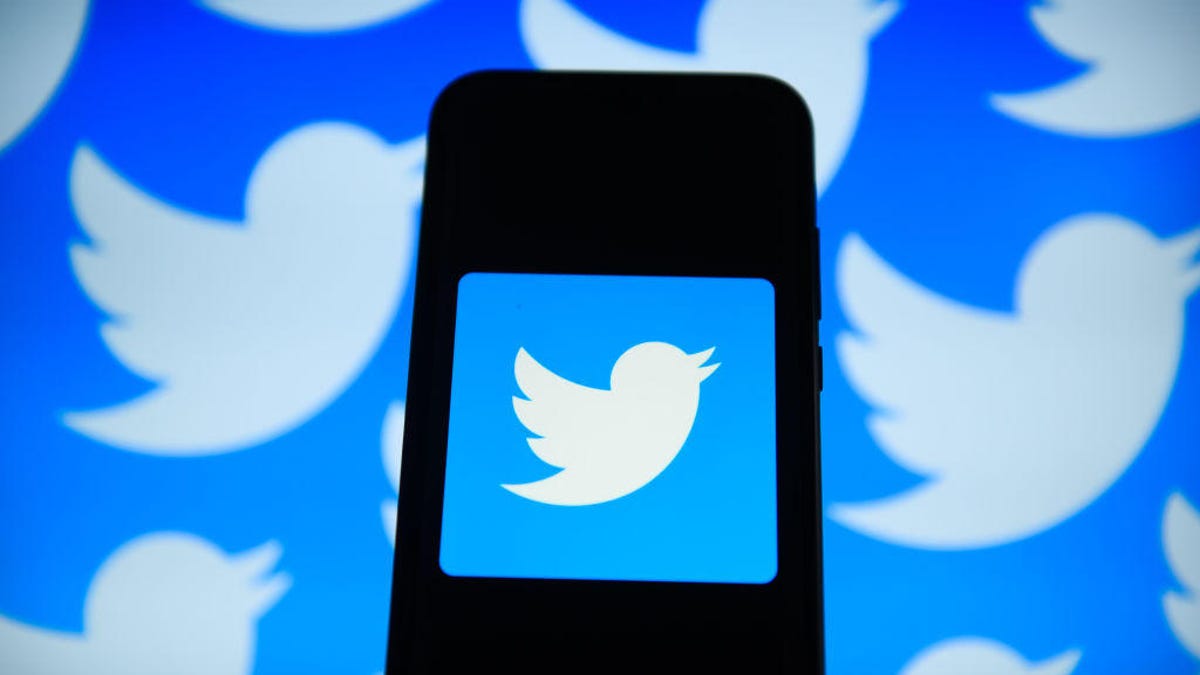Twitter bots were 2.5 times more effective than humans in US presidential debate
There were fewer of them than we thought, but that didn’t diminish their power, say researchers.

Twitter bots are really, really good at shaping your political opinion.
You already know bots are capable of shaping our political views. Now new research shows they were more powerful than we thought.
Fake accounts were around 2.5 times more influential than humans during the 2016 US presidential debate, according to researchers from the Australian National University Wednesday.
The study was based on an analysis of 6.4 million tweets posted over a 90-minute duration "before, during and after" the first televised debate between Donald Trump and Hillary Clinton.
Twitter bots were found to be more politically engaged than humans with higher tendencies to be pro-Republican. They were found to be more successful at influencing opinion on the platform than "highly influential" personalities -- such as Oprah Winfrey -- who tended to be more pro-Democrat, the researchers wrote.
Of the 1.5 million accounts that were active during the period, only 4.8 percent were "clearly" bots, said Dr. Timothy Graham, one of the lead researchers.
"This figure was really underwhelming given we've seen other reports and studies claiming 20 to 30 percent of Twitter accounts were bots," said Graham, adding his team's research exposed the "biases in methodologies" which could have "inflated those figures."
"It's startling to find those 4.8 percent of bots were on average 2.5 times more influential than humans," he continued. "And because of the way bots… attach themselves to influential human users, they were more successful at getting real users to retweet and engage with their consent."
So did bots win Trump the 2016 election? Although Graham called the research's results "robust," he was careful about coming to a conclusion based on the study because the 90-minute sample of Twitter activity used in it was "very small."

